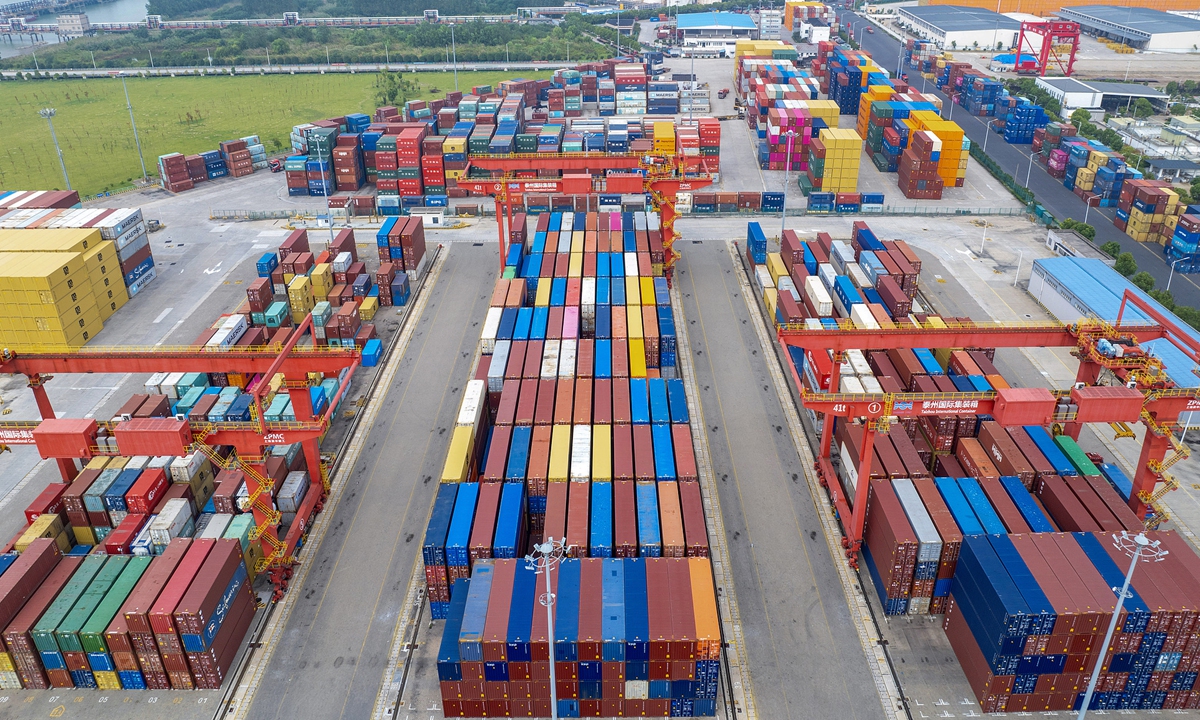
Photo: CFP
China has pledged to implement a package of targeted incremental fiscal policy measures to further stabilize growth, China's Minister of Finance Lan Fo'an said on Saturday at a press conference.
Lan's remarks were made in the context that China recently introduced a series of growth-boosting policies to support economic restructuring, such as cuts to the reserve requirement ratio for banks and cuts to the mortgage rates for existing homes.
The package includes strengthening support to resolve local government debt risks, issuing special government bonds to support large state-owned commercial banks in replenishing core tier-one capital, and combining fiscal tools to support the housing market, Lan said.
China will raise the debt ceiling all at once, swap out existing hidden local government debts, and increase support for local governments in managing debt risks, Lan said.
Lan described this policy as the largest debt reduction initiative in recent years, calling it "a timely relief" that will significantly alleviate pressure on local governments and free up resources to support economic development.
Lan stated that the counter-cyclical measures include not only policies that have already entered the decision-making process, but also other policy tools being considered. For instance, the central government still has significant room for increasing debt and deficits.
For the property market, the minister said the country will apply a set of fiscal policy tools including local government special-purpose bonds, special funds and taxation policies to help stabilize the sector.
Chinese experts said the slew of measures, together with other government departments' recent policies, are believed to further unleash economic potential, helping achieve economic growth target this year.
The series of measures could alleviate the downward pressure on the economy to a certain extent, as these measures are stronger in terms of both range and intensity, Xi Junyang, a professor at the Shanghai University of Finance and Economics, told the Global Times on Saturday.
When asked whether the budget targets can be achieved this year, Lan emphasized that China's fiscal system has sufficient resilience and that by taking comprehensive measures, China's fiscal revenue and expenditure can be balanced and the full-year budget goals can be met.
The Chinese government has made use of various policy tools such as deficits, special-purpose bonds and ultra-long-term special government bonds, tax incentives and fiscal subsidies to mitigate risks and promote sustained economic growth, Lan said.
For example, China has arranged 4.06 trillion yuan ($574.57 billion) in deficit for the year of 2024. This figure is 180 billion yuan more than that projected at the beginning of 2023.
China set a target of issuing 3.9 trillion yuan of special-purpose bonds for local governments in 2024, 100 billion yuan more than last year. In May, China's Finance Ministry announced that it will issue 1 trillion yuan in ultra-long-term special treasury bonds.
From January to September 2024, China issued 3.6 trillion yuan of new special-purpose bonds, supporting more than 30,000 projects. The general public budget expenditure in 2023 reached 28.55 trillion yuan, maintaining at a higher level and providing support for the high-quality development, Lan said.
Lan said that the favorable conditions, such as vast market and robust resilience of China's economy, remain unchanged, while there are some new challenges, and the growth rate of national general public budget is projected to fall short of anticipations.
Overall, the implementation of the proactive fiscal policy has yielded outstanding results, effectively ensuring the country's major strategic tasks and boosting economic performance, Lan said.
Global Times




